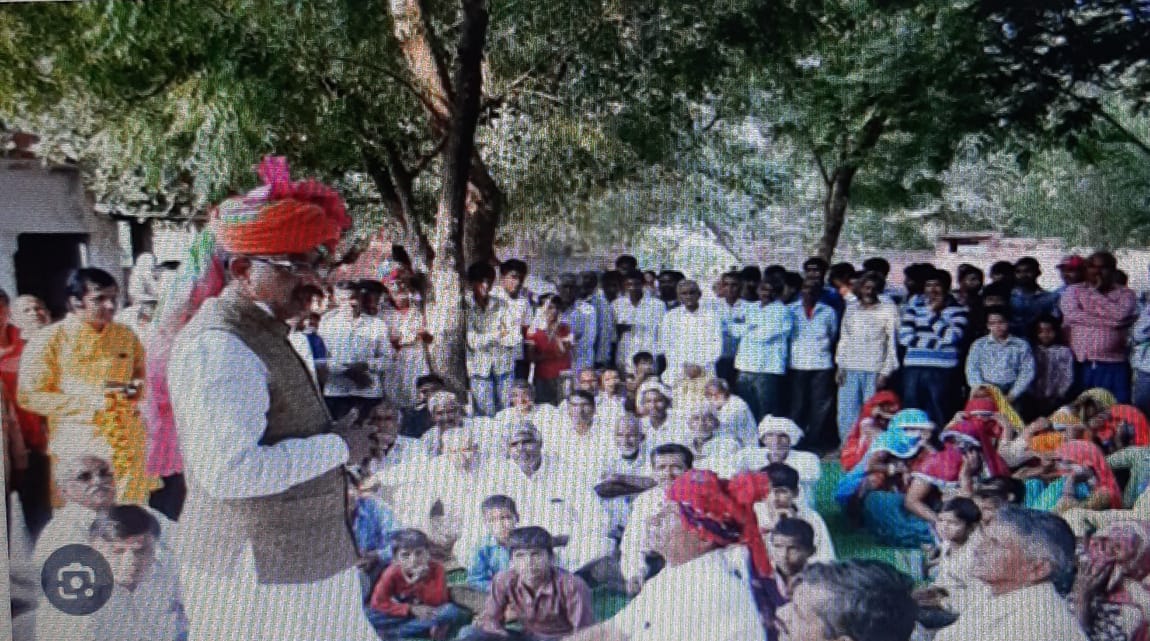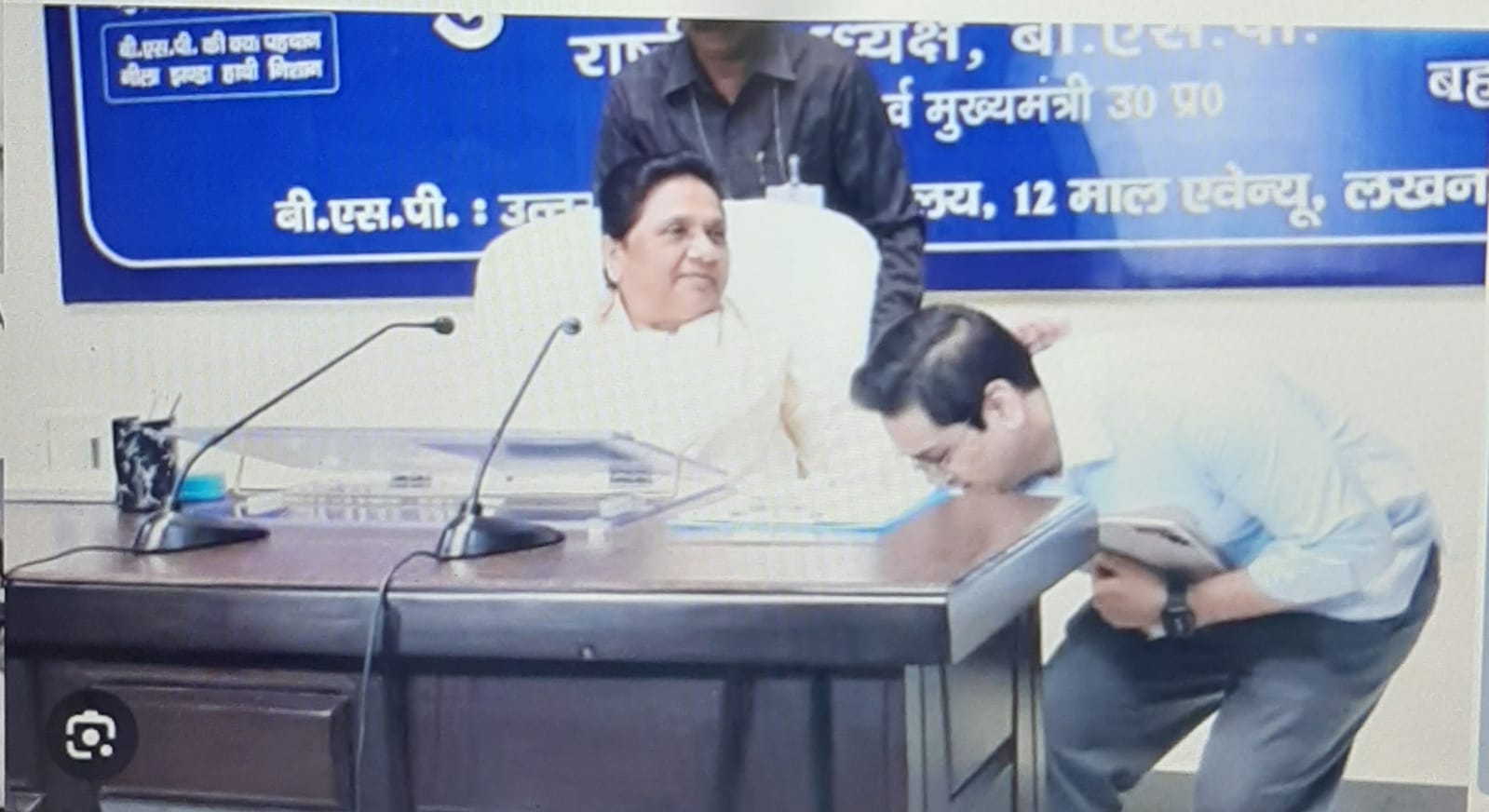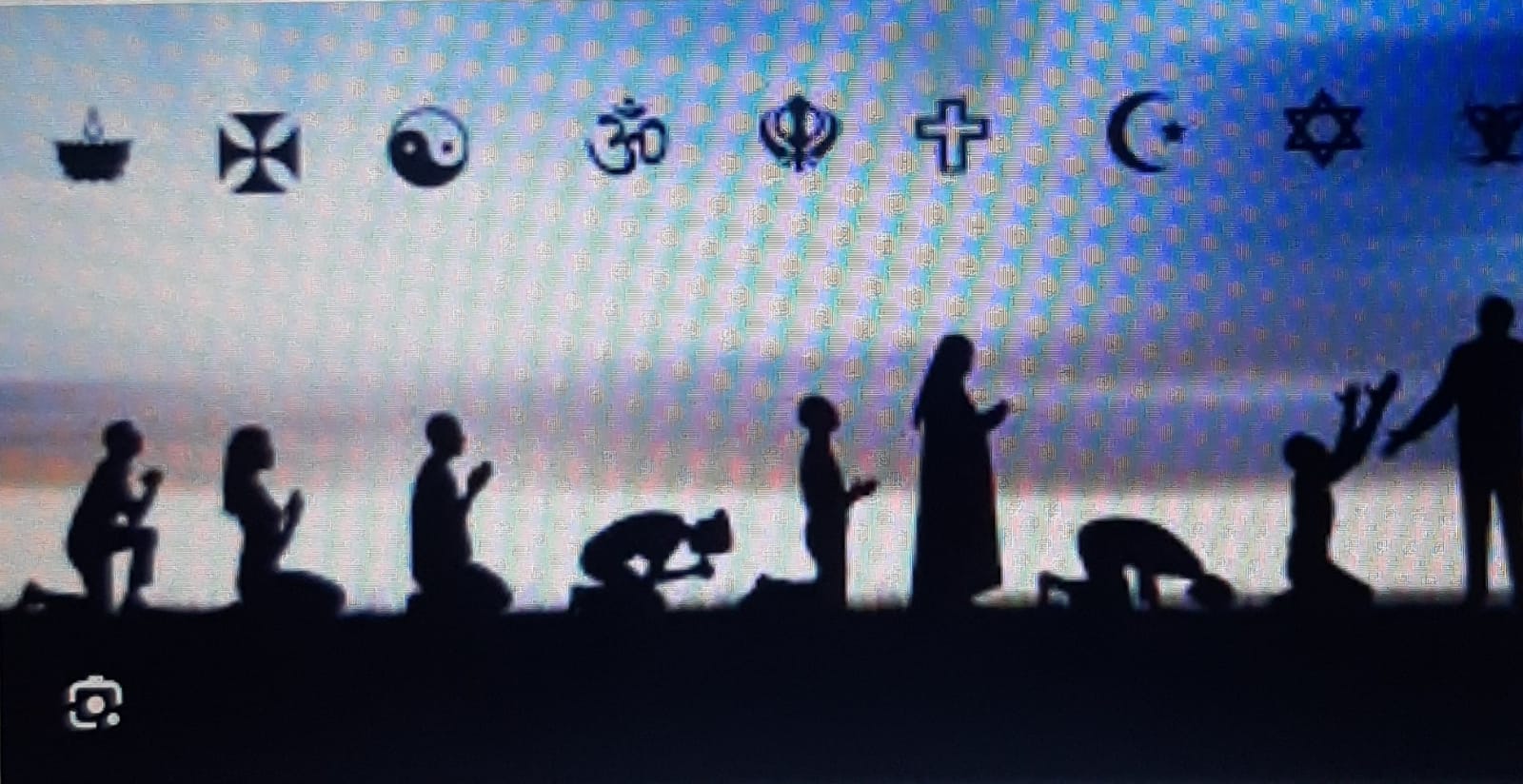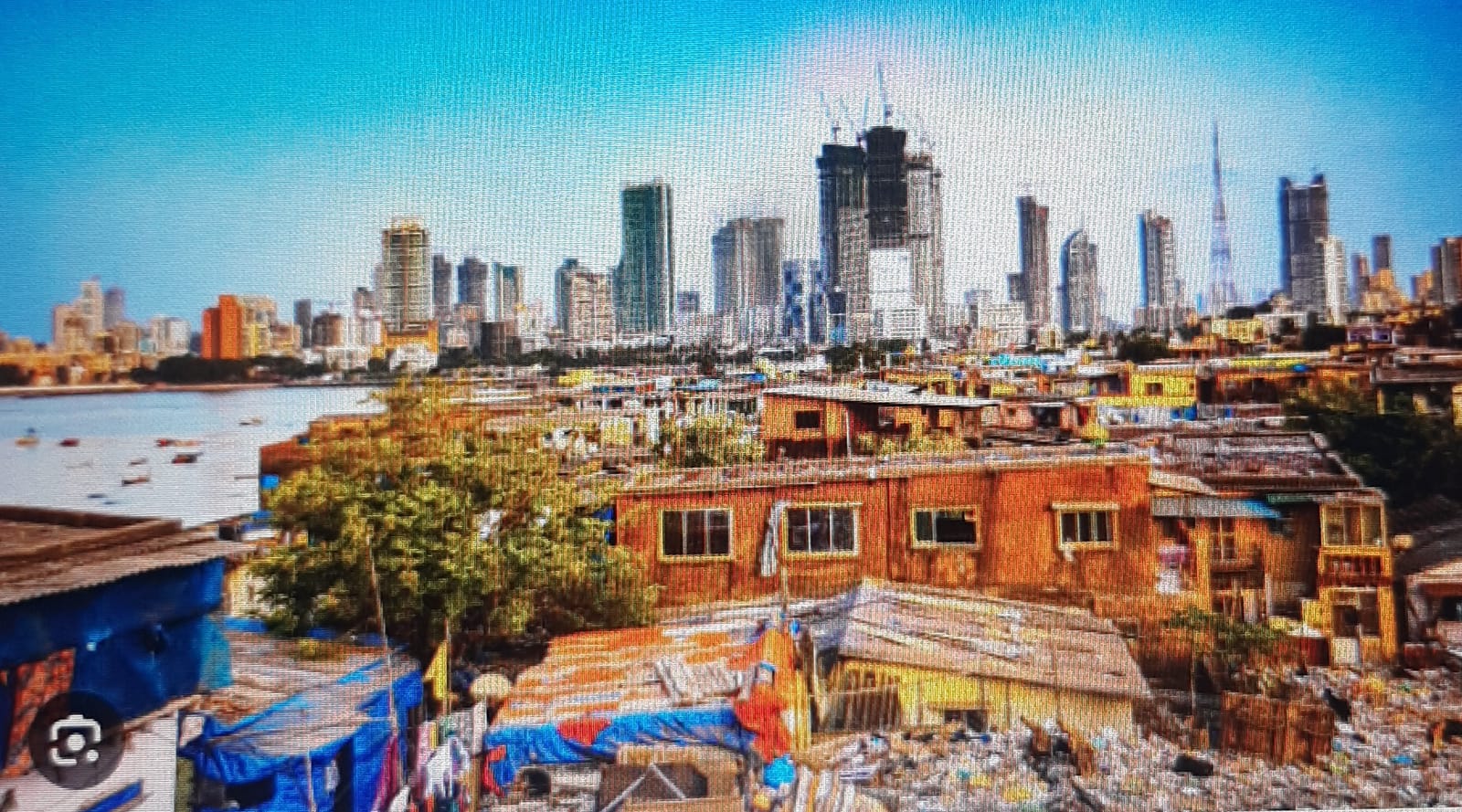
Despite tall claims made by successive governments of “zero tolerance to corruption”, our nation is known for its widespread corruption rampaging across all sectors because of the thoroughly corrupt political and bureaucratic nexus. None of the governments, in the states or at the centre, have been able to or are willing to eradicate it, writes former IAS officer V.S.Pandey
It is the best of times, it is the worst of times… Charles Dickens resonates in India’s contrariety presently. India is the world’s fastest growing economy, primed to become the world’s third largest economy by 2027. It is acclaimed for its unique civilizational ethos. Incredible India is also the world’s largest democracy with its 1.4 billion and is feted as an 8%GDP growth economy.
Amidst a near universal slowing down of advanced economies, India is the current hotspot for global investors fueled by high public spending and strong urban demand, its young demographics, digital revolution, rapidly expanding shiny new infrastructure and capital goods sector, stable rupee, India exercises enormous leverage globally, more than 30 Indian origin CEOs helming leading MNCs worldwide, are adding to its global clout. These factors aided by its geostrategic location, have made India an emerging superpower enjoying unprecedented influence. It is the best of times- India has it all- to not only become a world leader but also to realize its goal of zero poverty and professed social, economic and political equality as enshrined in our Constitution.
However, India has still to eradicate the worst of times for its millions who are still wallowing in poverty and illiteracy. We are having soaring income and wealth inequality-amongst the highest in the world. More than 250 million people survive on less than 2 dollars a day. India has a quarter of all undernourished people globally-350 million Indians are still hungry. Illiteracy is still high, India’s score is dismal 28.7 out of 100 on the 2023 Global Health Index. The anomaly is stark- our Billionaire Raj comprises 271 billionaires whose collective wealth is about 7% of the world’s wealth and a humungous 40.1% of national wealth. The top 10% hold 57% of the total national income and the bottom 50% has barely 13%. Hence the severity of the hunger scale -despite it being ‘boom’ time. Tragically, the poor are being pushed into increasing destitution. We have replaced social justice by economic efficiency. The top 10% have the best of everything-the ultimate in luxury-elite education, best healthcare, gated mansions and their animal spirit is energizing our economy but governance has forgotten the others -more than 50% – are barely eking out their wretched existence as a result of skewed economic policy.
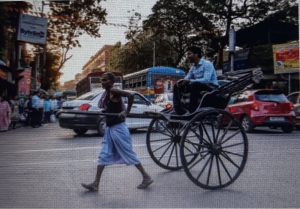
This abnormally high inequality prevails because of corruption and inefficiency of governance. Despite tall claims made by successive governments of “zero tolerance to corruption”, our nation is known for its widespread corruption rampaging across all sectors because of the thoroughly corrupt political and bureaucratic nexus. None of the governments, in the states or at the centre, have been able to or are willing to eradicate it. There is a wide spread feeling amongst those who had the occasion to serve at top positions in central government and states that never ever has the political executive at the helm of affairs shown any inclination or gathered the courage to even discuss the issue of corruption, leave alone addressing it exigently.
With the malaise of corruption eating into the vitals of our society and system at the very apex, the disease is now well entrenched in every domain of governance and the hapless people have no recourse. With the crumbling of the political and bureaucratic system, all other organs of our system like the independent judiciary, and media etc. have also caved in. The results are confronting us daily. The problem of overarching corruption needs to be tackled first and foremost to enable India to march forward. Unfortunately, corruption is the mother of all problems and has to be exterminated. Then only will our economic growth trickle down and reach and impact the last mile.
Unlike slavery and apartheid, our poverty is not natural. India cannot continue with this imbalance – a rich minority and a substantial majority- hungry and illiterate and deprived- It is a recipe for disaster. Many other nations are also witnessing an increasing gap between the rich and the poor but here the problem is acquiring a grave dimension with a handful of people having acquired more wealth than the bottom fifty percent of the population. This consolidation and incremental increase in wealth is the outcome of neo-liberal economic policies adopted by successive governments over the past several decades. These neo liberal economic policies had promised rapid economic growth and had professed that “trickle down” effect would magically lift everyone out of poverty and provide enough for everyone to live a decent and dignified life. That did not happen despite the rhetoric of the neo liberal economic agenda. Instead it allowed unbridled accumulation of wealth in a few hands at the cost of our deprived millions. It is the result of this lopsided economic system that today more than 90 percent of our health care system is in private hands well beyond the reach of more than our 80 crore brethren. The State funded health sector which was to cater to the poor and deprived sections of our population, has been the biggest casualty with terrible consequences for the have nots. The narrative of our education sector is similar. The flourishing Rs 58000 crore coaching industry in India is a consequence of government policy and inability to provide affordable education – e.g 24 lakh students are competing for one lakh MBBS seats in 2024. Education and health providers are uber rich and are now so well entrenched in crucial institutions that it is impossible to loosen their stranglehold. The private sector is needed in these crucial areas however, the governments must spend adequately to ensure that publicly funded hospitals and school-colleges provide top quality health and education services for the many who lack adequate resources to avail exorbitant privately provided health and education services.
India is having job-poor growth for more than 15 years. This has escalated into a desperation to grab a job, by any means, leading to paper leaks, and mounting corruption in acquiring administrative jobs. There is gross underemployment of Indias workforce too-nearly 65% under 35 years of age. Of this merely 2% is skilled and 1 of 2 is not employable after college. The problem of unemployment is the direct consequence of the economic policies implemented at present by governments as the industrialists/businesses are single mindedly pushing for steep profits in the interest of a few stakeholders at the cost of more than a hundred crore individuals who have no resources but their precious “one vote”. The moot question is why have we adopted democracy ? Democracy is the best form of government which gives a voice to every citizen and enables him to participate in the government’s formation to care for his/her welfare. Should a democratically elected government prioritize only a rich elite or must its policy be driven by the goal of emancipating about nearly a hundred crore common citizens? The published database presents a picture which is totally contrary to the arguments given in support of current economics policies and prescriptions like reducing corporate and income taxes encourage investment. Also accumulation of wealth does not increase consumption levels .Only enhanced income in the hands of common people fuels growth.
Free markets have been the touted magic bullet. Currently our growth continues to be largely jobless growth. India has a young population with more than forty crore people in the working age group still frustratedly waiting to become a part of the growth story . With crores of young people ready to contribute , it is disappointing that we are still competing with countries like Germany , Japan , Britain etc. with population barely one twentieth of ours. Waiting for the private sector to provide jobs for crores is a futile exercise, as delusionary as believing that trickle down effect will remove poverty. Even after 77 years of independence, we are almost at the bottom of the list of poor countries globally with least per capita income. 9 0f the 10 of the world’s most air polluted cities are in India. Sustainable development remains a challenge.
We need an economic policy reset. Inequality of opportunity and access to health and education are still denied to our teeming millions. Booming stock markets and glitzy malls dominate the urban landscape while more than 800 million queue up for free foodgrain and other doles -is the appalling dichotomy which needs urgent resolution. Women, comprising almost also half of the populace, have also been denied their due in the country’s economic prosperity. Gender inequality persists and retards social progress. Women in the labour market still earn 23% less than men on average globally and women spend about three times as many hours in unpaid domestic and care work as men. Female labour participation rates are amongst lowest in the world.
India is on the cusp of becoming an economic super power. To do so country has to tackle some of the biggest problems that it faces today namely corruption, unemployment, grave inequality, crumbling education and health services, to name a few. Gender, caste ,creed, rural backwardness – all get subsumed under the defining category “poor”.These poor acutely need a social infrastructure which skills them with quality education and provides basic health amenities ,clean drinking water and housing. Those born poor but talented are stuck in low paying jobs, suffer increasing indebtedness and high mortality rates. This will be their lot for generations. This should have changed with trickle down benefits promising a beneficial inequality. Instead this debilitating inequality makes it impossible for those without resources to subsist -leave alone occupy positions of power or even contest for public offices. Democracy is of the people but not by and for the people- it has to be corrected.
India is today one of the most iniquitous nations on this planet. The ever increasing gap between the haves and have nots has reached such alarming levels that it is sure to destabilize our society with serious consequences as is apparent in various insurgencies pan India. The prevailing situation needs to be altered at the earliest and a beginning has to be made with the overhaul of our current economic policy paradigm.
“Reaganomics” and “Thatcherism” have not delivered. The Government must reconsider the “Friedrich Hayek’s” model of neo liberal economic policy framework and replace it with “Keynesian” model of welfare economics. Overcoming poverty, according to Nelson Mandela, is an act of justice, it is the protection of a fundamental human right ,the right to dignity and a decent life. Governance must do a rethink on an alternate model of economic development. The inequalities have aggravated post liberalization measures though it has boosted economic growth. We have to create a sustainable economic system that promotes welfare of those at the bottom -the poor who must be salient and included in our glitzy economic progress. Rawls said “inequalities – either social or economic – are only to be allowed if the worst off will be better off than they might be under an equal distribution”. That has not happened where the economic reforms do not have the touted human face . Growth must now transform the lives of our have nots. Then only India will become the greatest democratic Superpower.
(Vijay Shankar Pandey is former Secretary Government of India)




